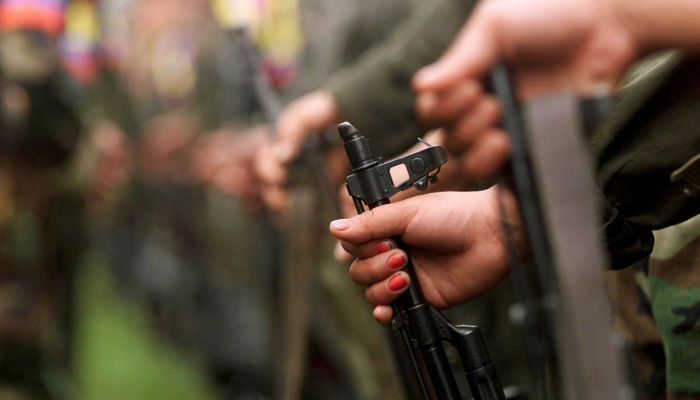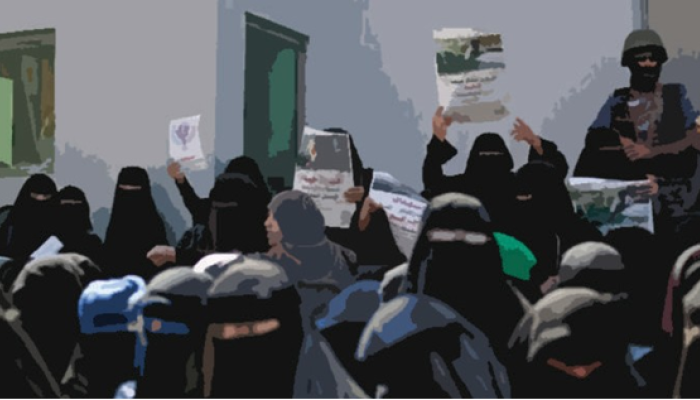The Challenge:
The field of gender and security as an area of analysis have been thriving and growing exponentially over the last decade. Within this sub-field there have been a number of stock-taking exercises and recognition at the international level that all security issues, in some sense, are gendered, and that women and men play different roles in conflict. However, the relationship between gender and security is still undermined as a relevant area of conflict analysis and there are still gaps in literature and in practice. What are often conceived of as security measures can often result in harmful practices, resulting the gendered insecurities of individual lives. Using gender as an analytical tool will enable researchers to understand the many different dynamics of a conflict and its different effects on individuals.
Our Approach:
The BIC`s approach to gender is integrated and represented throughout our various thematic and regional research. The principles, theories and concepts explored in our research have been used to inform our actions and cooperative efforts in a multidisciplinary manner.
In this way, we use the concept of gender mainstreaming to integrate a gender perspective at all stages and levels of research, projects and policy recommendations. The aim of gender mainstreaming is to take into account the different needs and circumstances between men and women when designing, implementing and evaluating policies, programmes and projects. This way, our policy recommendations aims to impact how policy relates to both women and men with the objective to enhance gender equality. It is therefore a tool for achieving gender equality.
Overall, we bring, explore, construct and deconstruct the concepts of gender to inform our analysis on conflict. Our activities and initiatives attempt to identify how gender has influenced the dynamics of a conflict and its impacts on each individual. In this way, we believe that having gender as an analytical tool provides us with a more complete picture of the many challenges our contemporary society faces nowadays.





